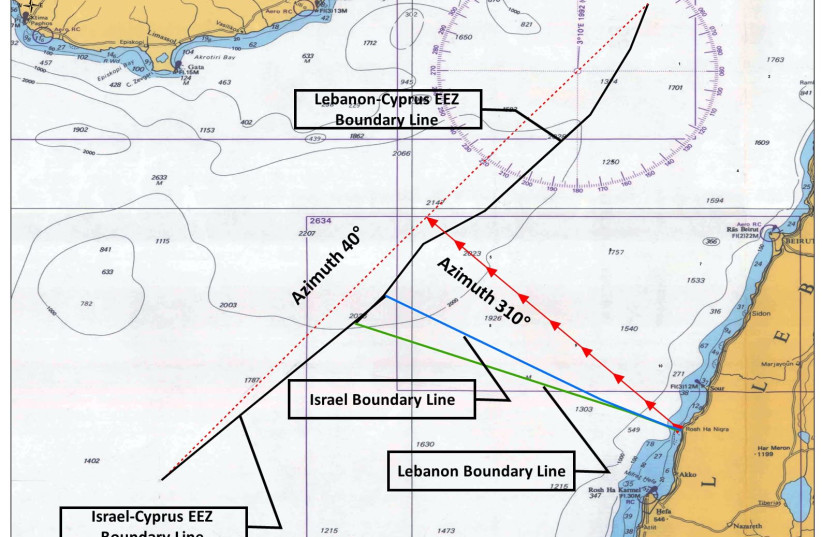Amos Hochstein holds one of the most challenging portfolios in the Biden administration. As energy envoy, he has been traveling often to Israel and Lebanon over the past year, trying to mediate between the countries to resolve their long-standing dispute over the demarcation of their border in the Mediterranean Sea ahead of Israel’s planned pumping of gas from its northern Karish gas field.
This delicate job has required him to navigate the regional geopolitical situation skillfully in order to reach a deal, all the while Hezbollah is actively threatening to torpedo the talks and attack Israel’s natural gas facilities. “We are not part of the negotiations, and our eyes are all on Karish and our missiles as well,” Hezbollah leader Sheikh Hassan Nasrallah said in mid-September.
“We are not part of the negotiations, and our eyes are all on Karish and our missiles as well.”
Hezbollah leader Hassan Nasrallah
Delineating a shared maritime border would help determine which oil and gas resources belong to which country and pave the way for more exploration.
As of this writing, the sides were reportedly only days away from a deal, according to a top Lebanese official.

Why should Lebanon finalize a maritime border deal with Israel?
In an interview last year with the Lebanese news channel LBCI, Hochstein explained why it is important for Lebanon to finalize a deal with Israel. “The gas market in the Eastern Mediterranean all around you went from nothing to everything. The Zur discovery in Egypt, the discovery in Israel, the infrastructure in Cyprus, the new infrastructure now in Greece. The infrastructure in Turkey. All around you – in 10 years, [it] went from literally zero, to transformational. Except in Lebanon,” he said. “So you’re not losing by compromising. You’re gaining. You’re gaining new investment of foreign exchange into the country, of bringing some of the largest companies in the world to invest in Lebanon. To have a hope for a future of economic activity. To – instead of having only four hours of electricity a day, having twenty-four hours of electricity – instead of paying an exorbitant amount of money for those few hours of electricity – having some of the lowest rates in the world.”
Hochstein was born in Israel and served in the IDF before moving to Washington to kick off a career on Capitol Hill, which has included postings as senior policy adviser to the Foreign Affairs Committee of the House of Representatives and later as a consultant and a lobbyist in the energy sector. During the Obama administration, he served as special envoy and coordinator for international energy affairs and led the Bureau of Energy Resources at the Department of State. In this role, he oversaw the global US energy foreign policy.
Hochstein’s role though has not been limited to Israel and Lebanon. As a key member of the administration, he is focused on trying to rein in rising energy prices in a world that remains dependent on oil and gas while, at the same time, not getting in the way of Biden’s efforts to advance a prominent climate-change agenda. The conflict in Ukraine, destabilizing the energy market, has made this all the more complicated. Soaring gas prices prompted the president to pay a visit to Saudi Arabia in July and to urge Riyadh to increase oil production. Hochstein was one of the few people in the room for the meeting with Saudi leaders, including the Crown Prince Mohammed Bin Salman.
